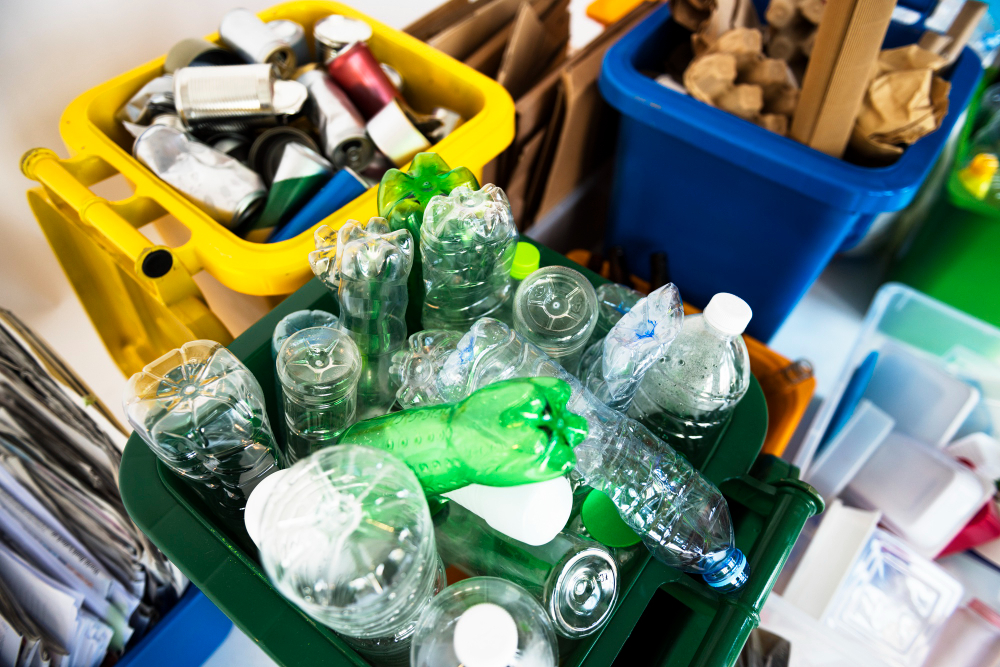
Recycling is a crucial part of managing waste and protecting the environment. It is the process of converting waste materials into new products or raw materials, with the ultimate goal of reducing waste and conserving our natural resources. The concept of recycling has been around for centuries, but it has evolved over time to become more efficient and effective. Today, we see recycling as an essential tool in the fight against climate change. In this blog post, we will explore the evolution of recycling and the ways in which it has become an integral part of our everyday lives.
The concept of recycling can be traced back to ancient civilizations, where people salvaged and reused materials such as metal and glass. However, the first modern recycling plants were not established until the mid-19th century. These plants focused primarily on paper and metal waste and were not very efficient. The recycling process was slow, and the resulting products were of lower quality than their virgin counterparts. However, these early recycling efforts set the foundation for the recycling industry we know today.
In the early 20th century, recycling began to take a more organized approach. Communities established recycling programs to manage waste more effectively. During World War II, households were encouraged to participate in scrap-metal and paper drives, which helped reduce the strain on raw material supplies. The post-war period saw an increase in consumerism, which led to an increase in waste. Recycling continued to evolve during this period, with the development of new processes and technologies that allowed for the recycling of plastic, glass, and other materials.
In the 1970s and 1980s, recycling became more widespread in the United States due to increased environmental awareness. Governments at the federal, state, and local levels introduced regulations and incentives to encourage recycling. This led to the establishment of curbside recycling programs in many communities and the creation of resource recovery facilities to process recyclable materials. New technologies were developed to sort and process materials more efficiently, leading to higher-quality recycled products.
Today, recycling has become an essential part of our daily lives. Recycling programs are in place in almost every community, and businesses are incorporating recycled materials into their products. Consumers are also more conscious of the impact of their waste and are actively seeking out ways to recycle and reduce their environmental footprint. Recycling technology continues to evolve, with advanced systems that can sort and process materials more efficiently, and new processes that allow us to recycle a wider variety of materials.
Recycling has come a long way since its early days, and it continues to evolve with the times. The efforts of individuals, businesses, and governments have resulted in a significant reduction in waste and a more sustainable future for our planet. We still have a long way to go in terms of reducing waste and developing more efficient recycling processes, but the progress made so far is encouraging. If you're looking to start or improve your recycling efforts, there are many resources available to help. If you're looking for a recycling service in New Jersey, contact All County Recycling today for a free consultation and learn how you can contribute to a greener future.